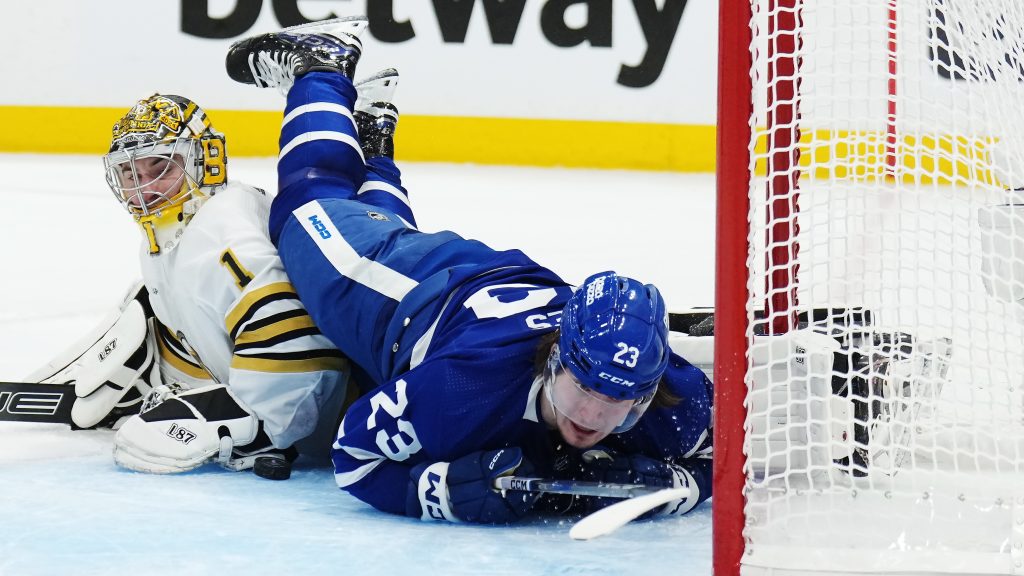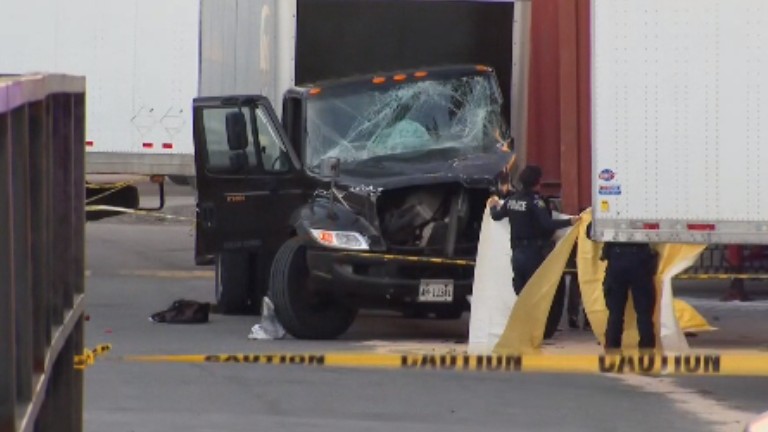Prime Minister Trudeau expected to trigger fall election this weekend
Posted August 12, 2021 11:09 am.
Last Updated August 23, 2021 10:38 am.
Prime Minister Justin Trudeau and the Liberals are intending to visit Gov. Gen. Mary Simon on Sunday and ask her to dissolve Parliament, triggering an election.
The expectation is that the election would take place on September 20. The plan was confirmed by a senior Liberal Party of Canada source, speaking on the condition of anonymity because they were not authorized to discuss these matters publicly.
Trudeau’s Liberals secured a victory in 2015 with a majority of 338 seats in the House of Commons, but in 2019 was diminished to a minority government after navigating through multiple controversies, following photos surfacing of the Prime Minister wearing Blackface at a costume party and the SNC Lavalin scandal.
For months, there have been rumours of the Liberal government looking to launch a possible election. The Prime Minister has argued that the opposition has made it difficult to pass legislation.
Chief public health officer Dr. Theresa Tam says Canada is now in the midst of a fourth wave of COVID-19, driven by the troublesome Delta variant.
Tam declined to say whether she would advise against holding a federal election now but said she expects all campaigns to follow local health rules.
The Conservatives and New Democratic Party (NDP) have accused Trudeau’s government of acting recklessly with the fourth wave of COVID-19 hitting the country and say it is only a power grab by the Liberals since they are performing well in the polls.
Polls have repeatedly shown the Liberals leading with enough support to make a majority government possible, though that could change. In an update on Thursday, CBC’s poll tracker has Trudeau’s Liberals ahead at 35.6 per cent. The Conservatives, led by leader Erin O’Toole, have underperformed of late and continue to poll below 30 per cent. The NDP’s are hovering around 20 per cent.
University of the Fraser Valley associate professor of political science Hamish Telford says with a healthy lead in the polls, the Liberals likely feel confident about calling an early election.
“I think Justin Trudeau has looked at some of the provinces that have held elections over the last year, including British Columbia where we had a snap election last fall,” Telford said.
“The first week of that campaign, there was a lot of grumbling about (Premier) John Horgan calling an unnecessary snap election in the middle of the pandemic, and then they rewarded him with a majority government.”
Elections held in Saskatchewan and Newfoundland and Labrador had similar results, with incumbents being re-elected.
However, other experts have warned governments should not could their votes before they’re cast, as campaigns can make or break governments.
“In many respects, this is going to be a referendum on the pandemic, how the government handled it, as well as the economic part of it the initial wage subsidies and so forth that they put in place to protect the economy and the plan that they have going forward, which revolves critically around daycare,” Telford said, adding the subtext will be the Liberals’ desire for a return to a majority.
The Liberals are 15 seats shy of that majority and Telford predicts they have more than two dozen ridings they believe they have a shot at winning over.
“The election is really going to be about targeting those ridings and very tailor-made policies to win over voters in those ridings,” he said. “Essentially, they’re going to try and bribe people in 30 different ridings to try and win this majority.”
Telford says the campaign will likely be as short as possible to catch people coming back from summer vacation and avoid holding an election in a possible fourth wave of COVID-19.
The federal NDP’s released their commitments to Canadians ahead of the potential election call to come as early as this weekend.
The party says it is committed to giving Canadians a universal pharmacare program, dental care, mental health supports and a wealth tax on the rich and will implement changes to make housing more affordable.
The NDP estimates the wealth tax will bring in $10-billion a year and would be a one per cent tax on households that earn more than $10-million.
Many of these promises were made in the last election, where the party lost more than a dozen seats.
Leader Jagmeet Singh was asked why his party repurposed them if they looked at their election menu last time and passed.
“Sometimes you look at items on the menu, and you say, you know what, maybe I should have bought that last time,” Singh said. “That is what we’re hoping, that people realize all of the things we talked about are things people need now more than ever.”
Earlier this week Singh challenged Prime Minister Trudeau to recall Parliament and refrain from ordering a snap election.
Singh says calling a snap election this fall would be “selfish” as the COVID-19 pandemic continues to flare up in communities across the country.
In a letter to the Prime Minister, Singh says Trudeau should “bring your Ministers back off the pre-campaign trail, recall the House, and get to work.”
Singh said his party is willing to work with the federal government to pass what it considers important legislation, including the Canadian Net-Zero Emissions Accountability Act and the United Nations Declaration on the Rights of Indigenous Peoples Act.
Canada’s ministers announced Wednesday that fully vaccinated Canadians will soon be able to get a government document that will certify their COVID-19 vaccine history for the purpose of international travel.
Intergovernmental Affairs Minister Dominic LeBlanc says putting the passports together will involve the provinces and territories handing over information about people who have been vaccinated.
“This is proper data in the hands of provincial health authorities,” he said Thursday. “We just need to have the secure, safe way to access the data in order to produce this proof-of-vaccine credential.”
The document, expected to be ready by early fall, will be digital, with an option for those who can’t use or don’t want a digital certificate. It will include data on the type of vaccines received, the dates, and the location.
LeBlanc says that information will be secure. Immigration Minister Marco Mendicino says Canada has the best vaccination rate in the G-20 and Canadians are eager to start travelling again.
As of Wednesday, over 71 per cent of Canadians have received at least one dose, and 62 per cent are now fully vaccinated against COVID-19 and its variants.
NEWS 1130 reporter Lasia Kretzel contributed to this article
With files from The Canadian Press










